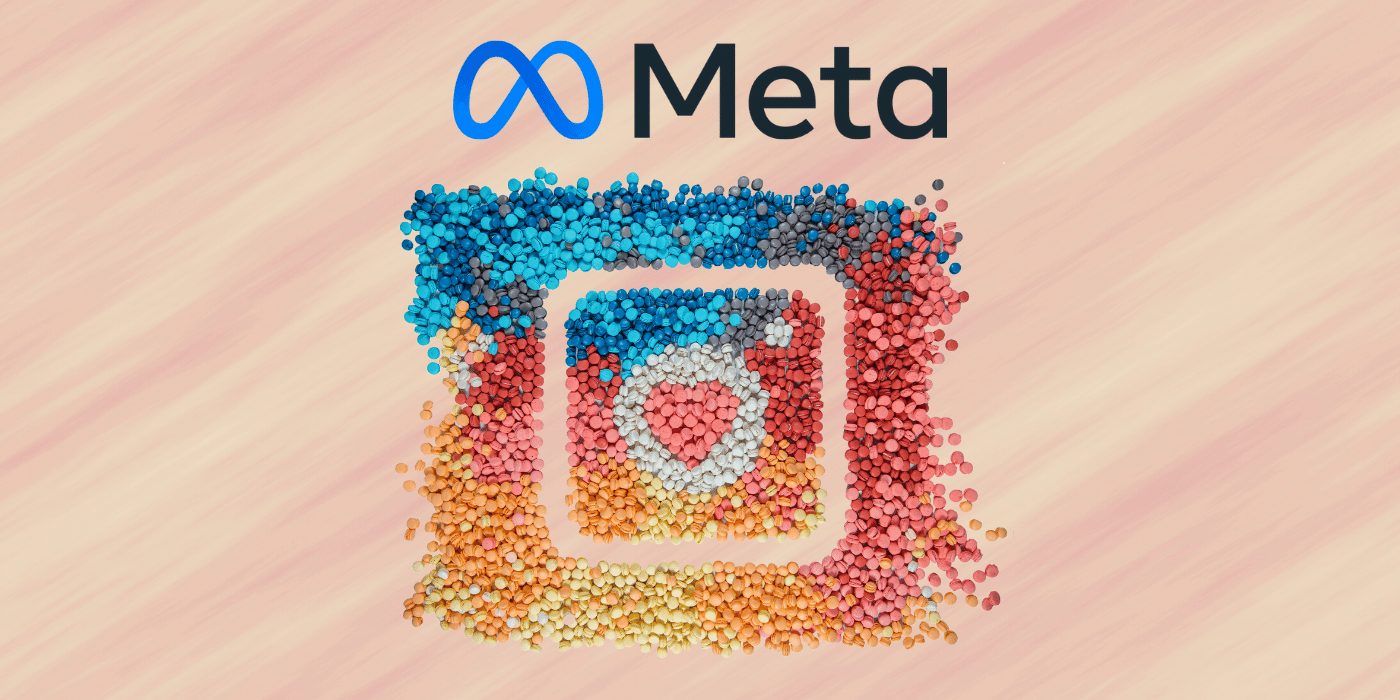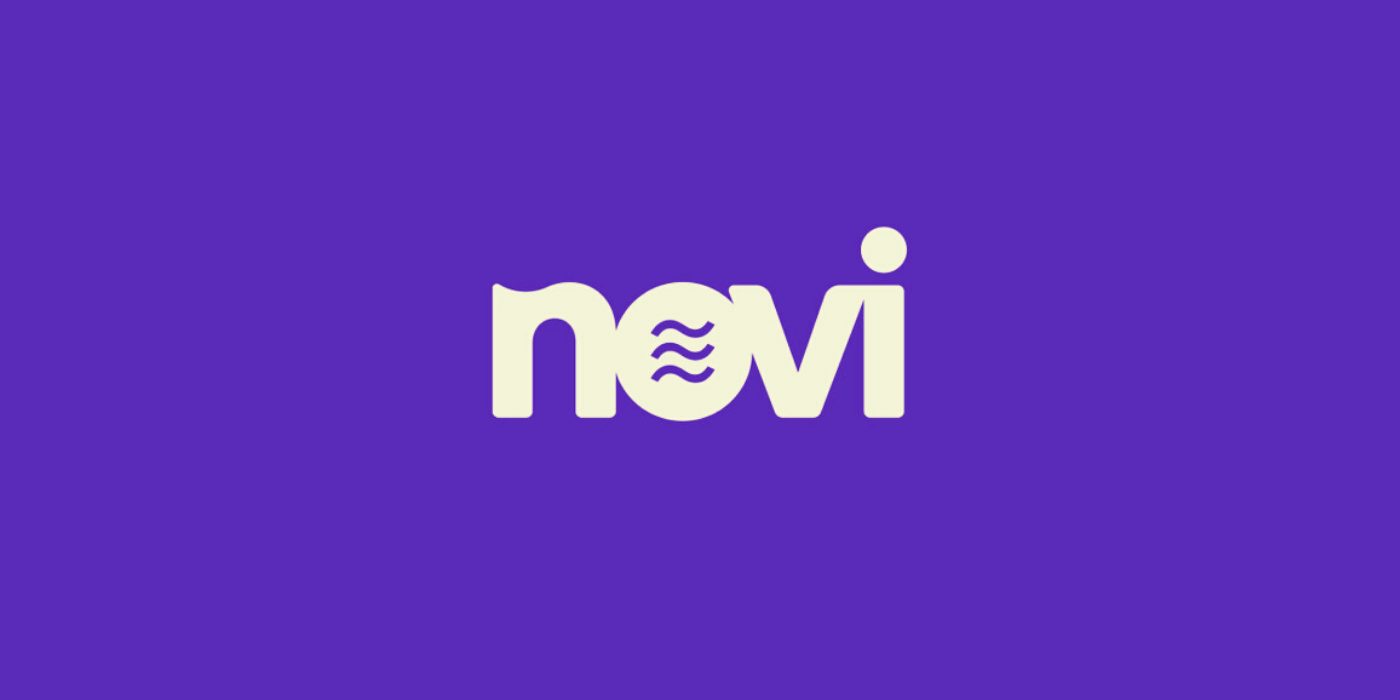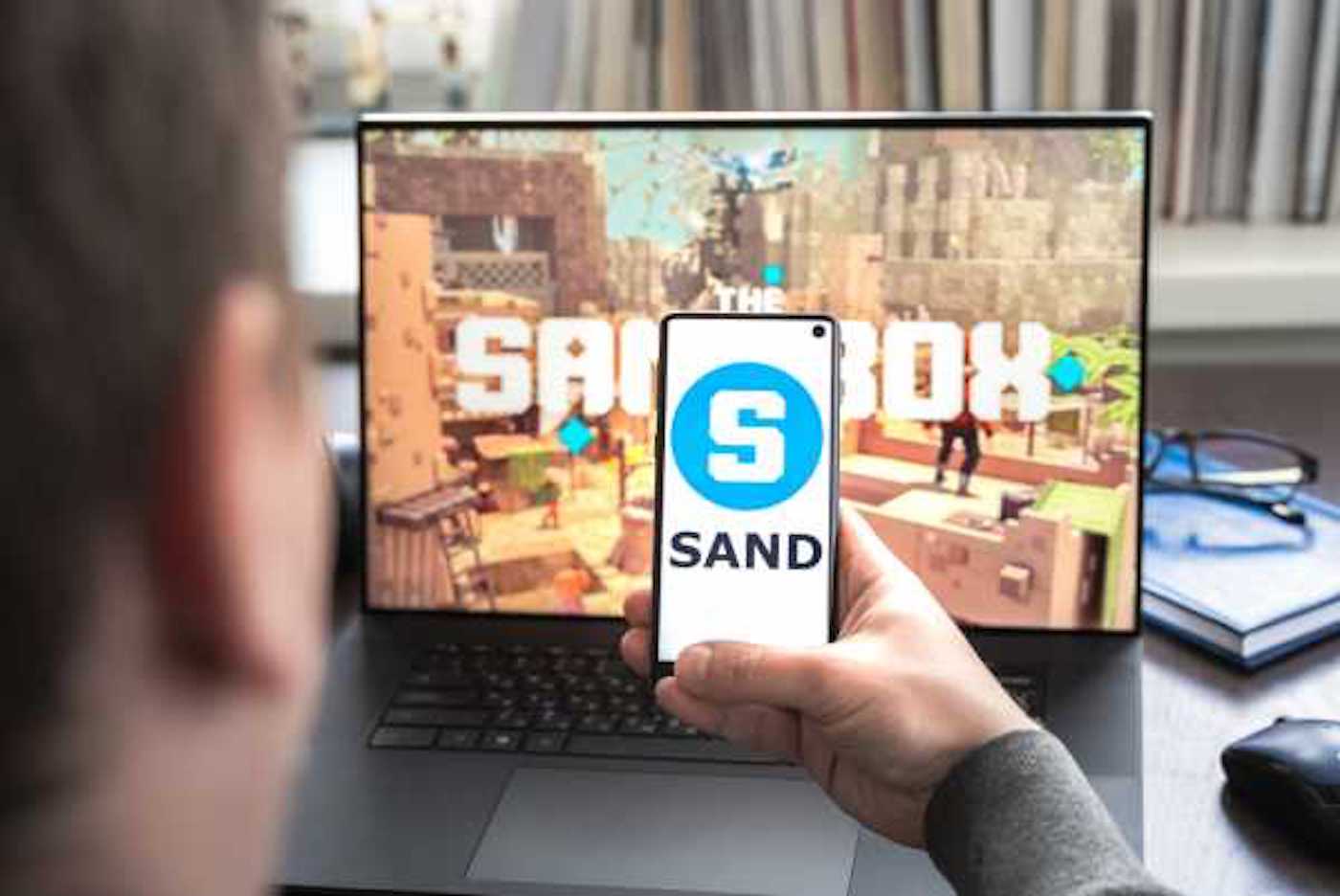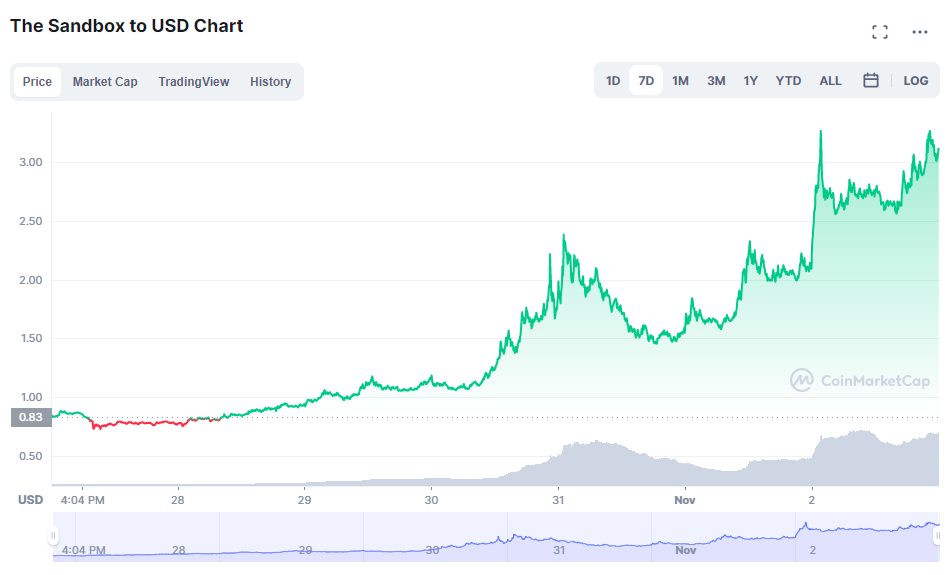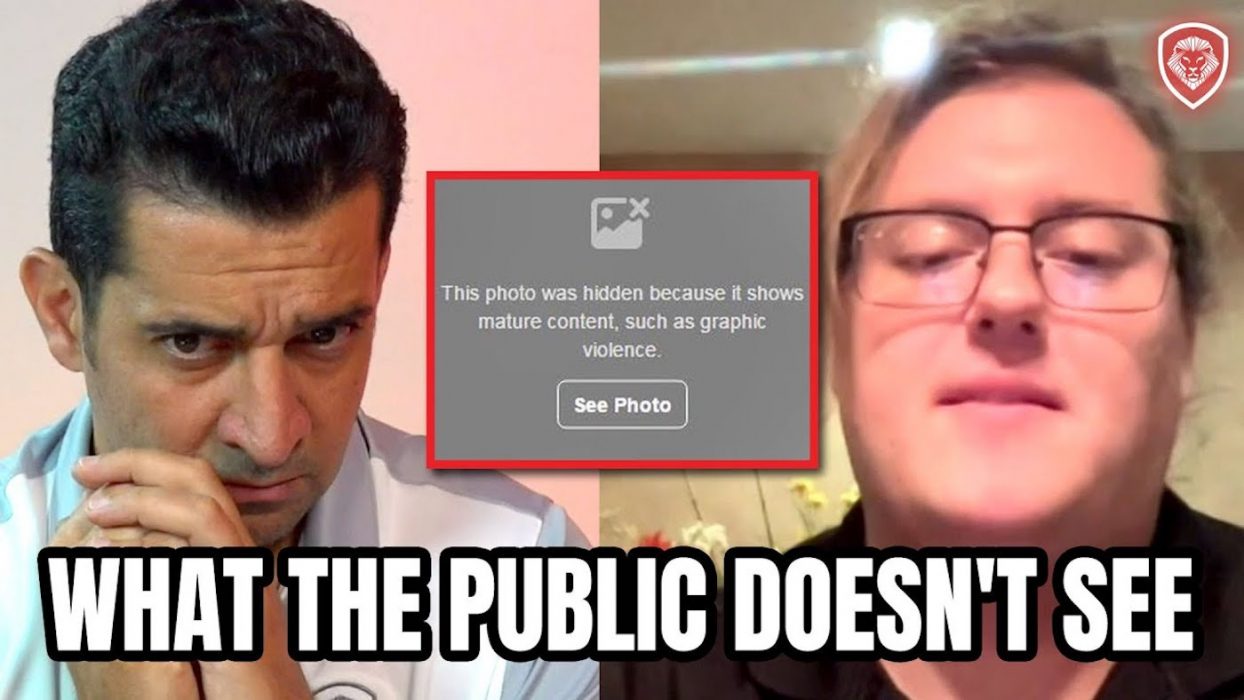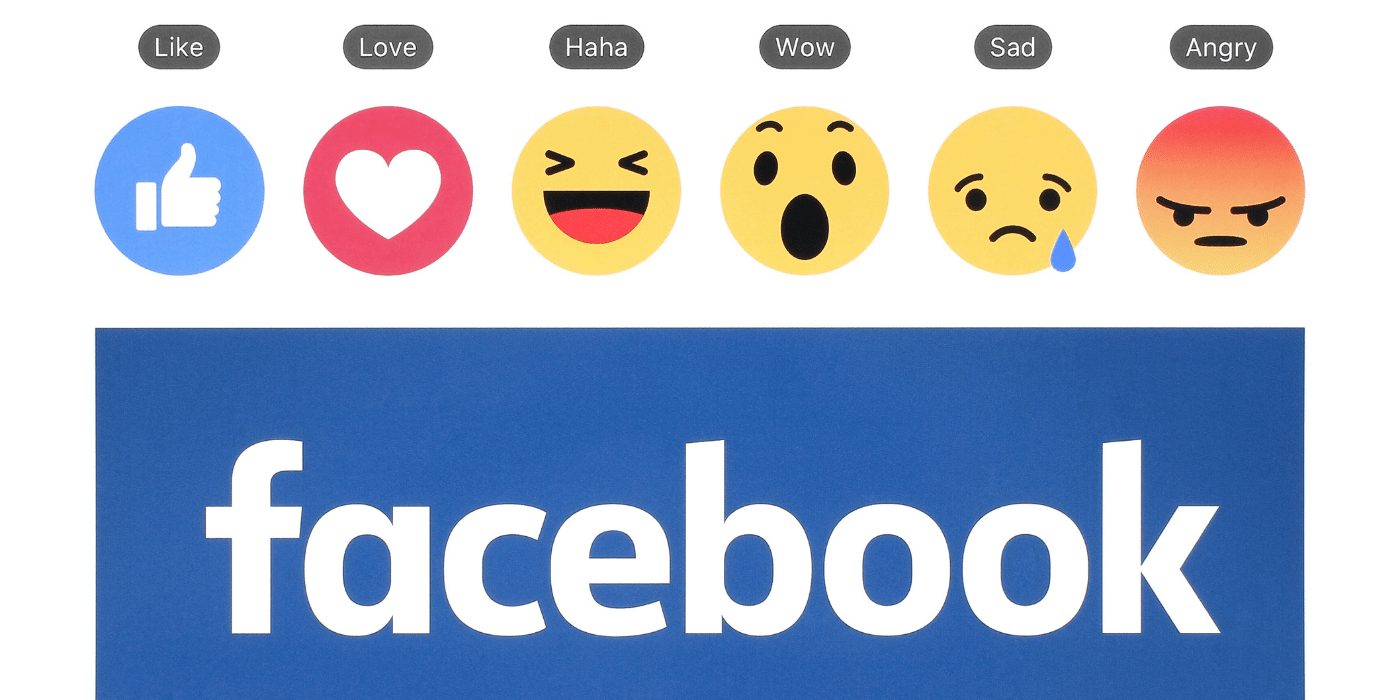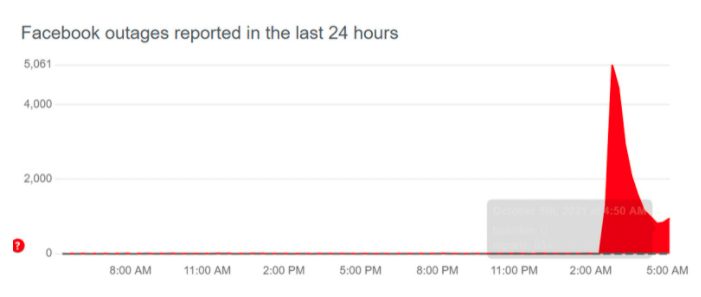In a letter to creators, YouTube CEO Susan Wojcicki has flagged that the company is interested in “expanding” its ecosystem to possibly include NFTs. This comes soon after competitors such as Twitter and Instagram announced they would also be expanding into the NFT space.
Wojcicki didn’t specify what the team at YouTube is planning, or even when, but this does mark the first time Alphabet Inc, the platform’s owner, is looking to become involved in the NFT space.
“We’re always focused on expanding the YouTube ecosystem to help creators capitalise on emerging technologies, including things like NFTs, while continuing to strengthen and enhance the experiences creators and fans have on YouTube,” Wojcicki wrote in the letter.

She also noted that Web3, a term used for internet models built around crypto, has been “a source of inspiration” for the company, adding that NFTs and decentralised autonomous organisations (DAOs) have the “unimaginable opportunity to grow the connection between creators and their fans”.
YouTube Already Has NFT Options in Place
Although its NFT expansion has not yet been confirmed, YouTube already has a number of ways it could allow creators to showcase their NFTs. The platform offers a “merch shelf” option that can appear under a creator’s video where they can, for example, feature products through an increasing number of supported retail partners. YouTube could also partner with NFT platforms and integrate crypto wallets to allow digital contributors to feature their NFTs there as well.
NFT holders are are naturally excited about the possibility, despite YouTube recently being at the centre of a massive crypto scam. Circle of Ninjas creator and Bored Ape Yacht Club #1334 owner David Gokhshtein expressed his enthusiasm, albeit in a sarcastic fashion:
Another Passenger on the NFT Bandwagon
The news from YouTube comes as a welcome surprise considering many of its competitors have already expanded their reach into the NFT-sphere. Twitter has just launched its latest in-development feature, implementing a verification tool for users who want to display their NFTs as profile pictures.
Meta, formerly Facebook, is also delving deeper into the space by reportedly drawing up plans to allow its users to create and display NFTs on both their Instagram and Facebook profiles.


